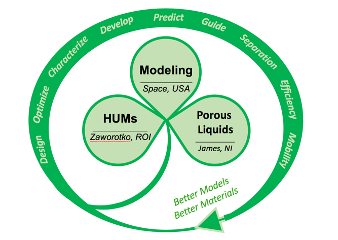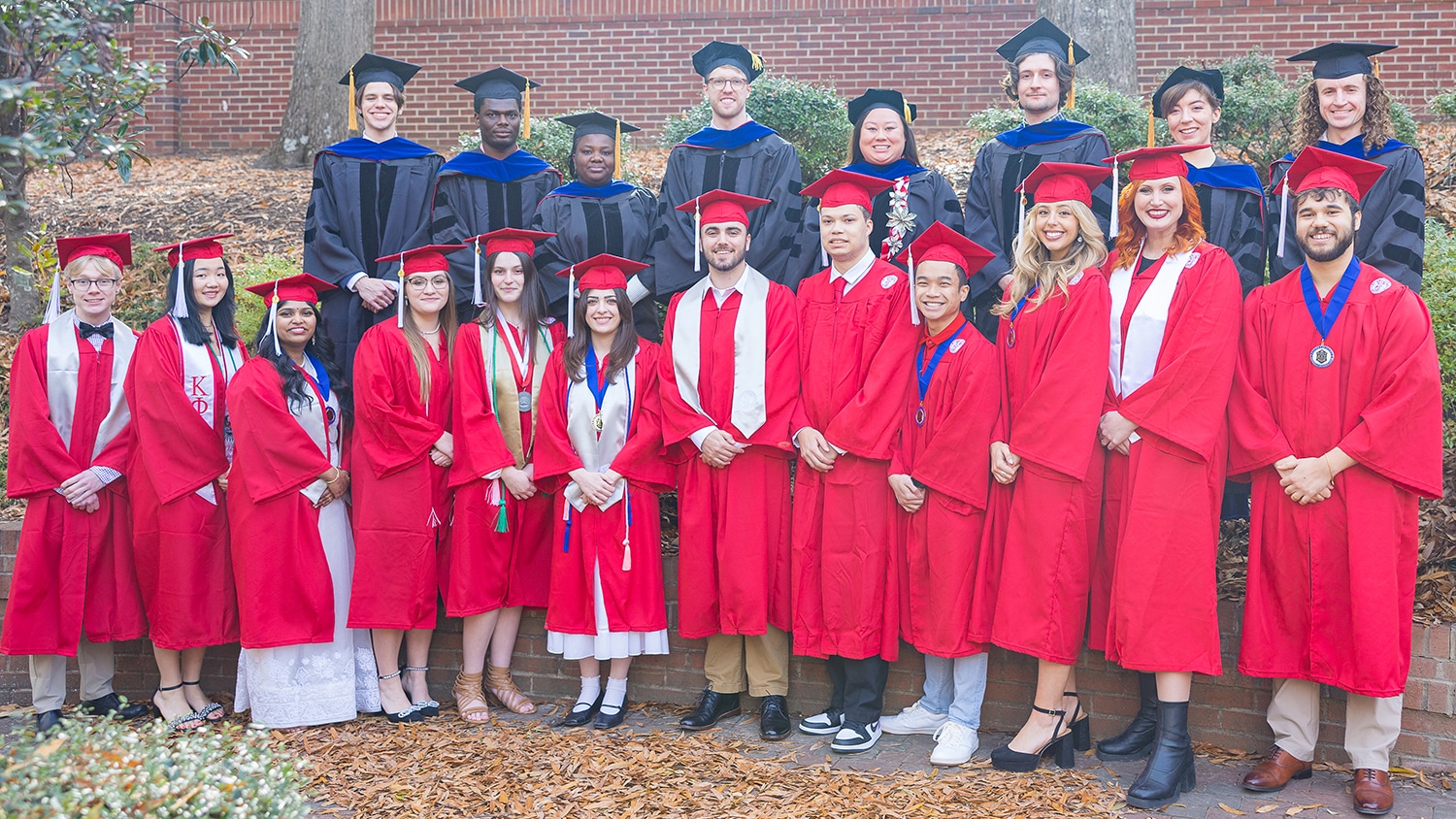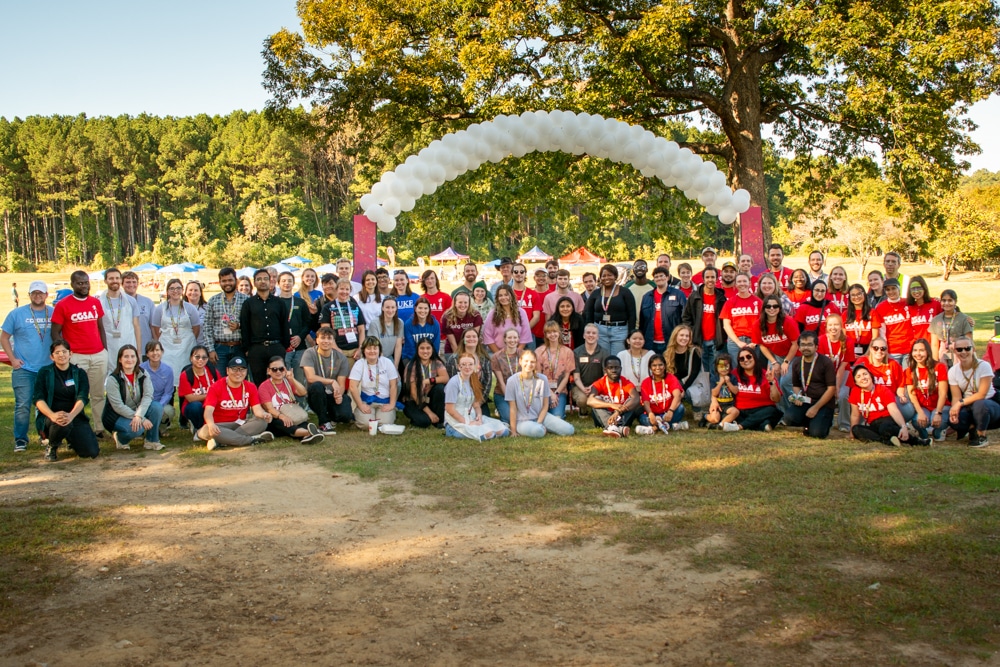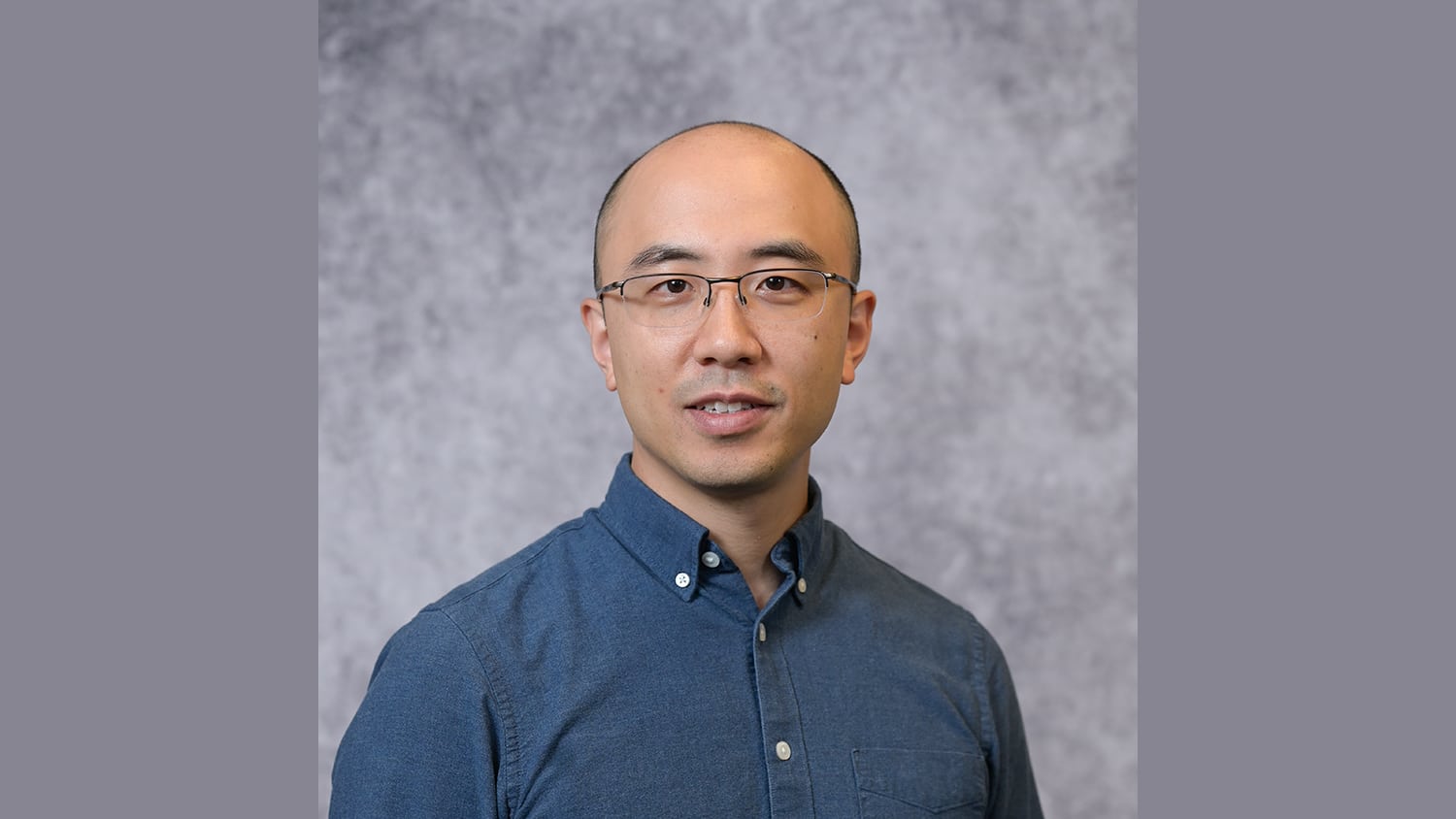Departmental Collaborations
Highlighting the Space Research Group

AQUASORB Project: Innovative Solutions for Atmospheric Water Harvesting
The AQUASORB project, spearheaded by Dr. Brian Space and his research team at North Carolina State University, represents a significant advancement in addressing the global freshwater crisis through the development of innovative porous materials for capturing atmospheric water. This initiative is part of a notable joint investment by the National Science Foundation (NSF) under the U.S.-Ireland R&D Partnership program, involving a collaborative effort among the United States, the Republic of Ireland, and Northern Ireland.
Key Objectives and Relevance
The primary goal of the AQUASORB project is to tackle the increasingly critical issue of freshwater scarcity. Currently, conventional freshwater sources—such as lakes, rivers, precipitation, glaciers, and groundwater—are unevenly distributed. According to the United Nations, by 2025, two-thirds of the global population may reside in areas facing freshwater shortages. Atmospheric water harvesting offers a promising solution, as even though atmospheric water constitutes only 0.04% of the total water supply, it represents an immense volume of about 1.29 x 10^16 liters—an infinitely renewable resource.
Collaborative Research Effort
The AQUASORB research team consists of interdisciplinary groups, including the Space group at North Carolina State University, the Zaworotko group in Ireland, and the James group in Northern Ireland. Through their combined expertise, they aim to develop superior water sorption materials that can effectively collect and utilize atmospheric moisture.
Educational Impact
In addition to its research goals, the AQUASORB project places a strong emphasis on educational training. Students involved in the project will gain experience across diverse disciplines, engaging in theoretical modeling, materials synthesis, and practical system design for atmospheric water harvesting. This integrative approach seeks to equip students with a robust skill set, preparing them for impactful careers in fields focused on solving grand challenges through innovative material solutions.
Energy Efficiency and Future Vision
A critical component of the AQUASORB initiative is its focus on enhancing the energy efficiency of current dehumidification technologies, which are traditionally energy-intensive, consuming up to 50% of the energy footprint of air handling systems. By leveraging insights from molecular modeling, the team aims to develop transformative materials that reduce energy consumption while improving atmospheric water harvesting methodologies.
Ultimately, the AQUASORB project envisions a future where innovative research and development contribute to global human flourishing. The endeavor underscores the importance of collaboration across disciplines and jurisdictions, fostering advancements that address urgent societal needs, enhance sustainability, and promote the responsible use of our planet’s resources.
This initiative represents a promising step toward mitigating water scarcity challenges and developing energy-efficient technologies that benefit communities worldwide.


